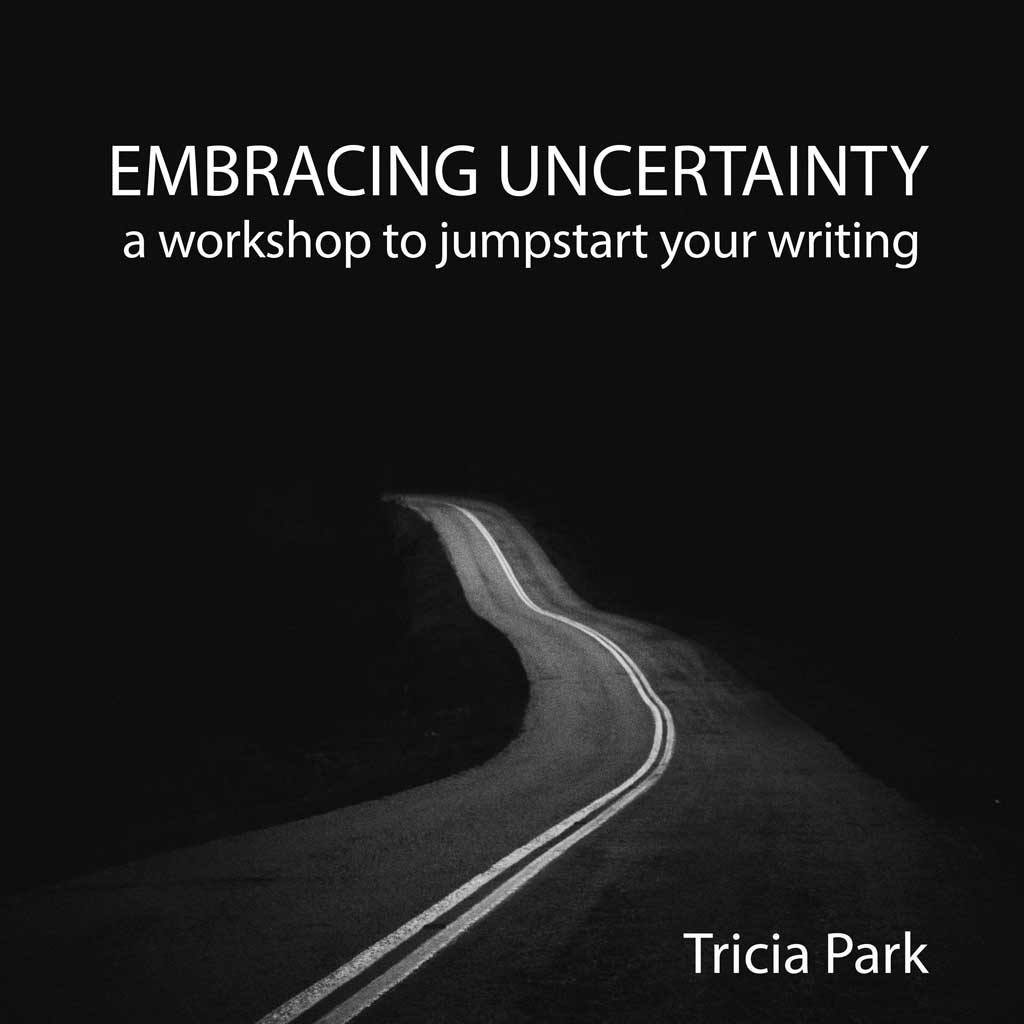
EMBRACING UNCERTAINTY, Part 1 of Two
A Workshop to Jumpstart Your Writing
open to all levels and genres
Parts 1 and 2 may be repeated or taken out of order
taught by Cleaver Editor Tricia Park
5 weeks
Sept 19, 26, Oct 3, 10, 17.
5 Zoom classes, Saturdays 2-4 pm Eastern Time
$200
Class limit: 12
Questions: [email protected]
[This session is sold out. Consider Session II, starting Nov 7. Sessions can be repeated and can be taken out of sequence.]
EMBRACING UNCERTAINTY is a five-week online generative writing course for writers of all levels and genres. In these days of uncertainty and rapid change, it’s difficult to know what to hang onto. And social distancing leaves us struggling to maintain our mental wellness during this undetermined period of isolation.
But what if we can use this time to develop a skill; start a new project; follow a passion?
What if this sudden surplus of time is an opportunity for experimentation?
What if we embrace our vulnerability and take a deep dive into the unknown?
What might we discover about ourselves?
For many of us, the challenge is not getting to the writing desk but knowing what to do with ourselves once we’re there.
What does it mean to develop a writing practice? How do we create momentum from where we are right now? What if destabilizing ourselves as writers could move us forward in our work, if experimentation and play catapulted us into our best writing?
As a classically trained violinist, I spent years looking for the “correct” way, endlessly seeking the most efficient path, setting myself upright if I began to wobble. The truth of the matter is that all of us—writers, artists, musicians—enter into the creative process from a place of instability. Our objective should not be to straighten up and fly right, but to embrace that physics and allow our work into it.
Syllabus:
Week One: Freewriting and Playfulness
Elizabeth Gilbert writes, “I made a decision long ago that if I want creativity in my life—and I do—then I will have to make space for fear, too.” We’ll find ways to move through resistance as we approach our writing with playfulness and curiosity. We’ll dive into freewriting and whimsical exercises/prompts.
Week Two: Using our Senses
Maya Angelou reminds us that “once you appreciate…one of your senses, your sense of hearing, then you begin to respect the sense of seeing and touching and tasting, you learn to respect all the senses.” Sensory details infuse our writing with richness and dimension. We’ll respond to prompts that encourage us to take in our surroundings and connect with our senses.
Week Three: Walking Down Memory Lane
Lois Lowry says, “I’ve always been fascinated by memory and dreams because they are both completely our own. No one else has the same memories. No one has the same dreams.” We’ll delve into our unique memory banks to mine our past and present, generating writing that is bound to surprise us.
Week Four: Following our Obsessions
Ralph Waldo Emerson writes, “a man is what he thinks about all day long.” In this week’s class, we’ll discover ways to follow our obsessions and redirect our mind’s tendencies to fuel our writing.
Week Five : “Gaming” our Writing
In the last class we will explore ways we can “game” our writing, approaching it obliquely with a light-hearted touch. We’ll see how prioritizing “play” through constraints and rules can, paradoxically, free up our writing.
What you’ll get from the classes:
- Once a week, real-time meetings with your instructor and cohort.
- Gently intriguing prompts to jump start your creativity.
- Reading and discussion of texts by inspiring writers.
- A safe and supportive environment to cultivate your writing.
- Small, clearly defined weekly assignments to keep you motivated.
- New writing that you can continue to nurture and grow at home.
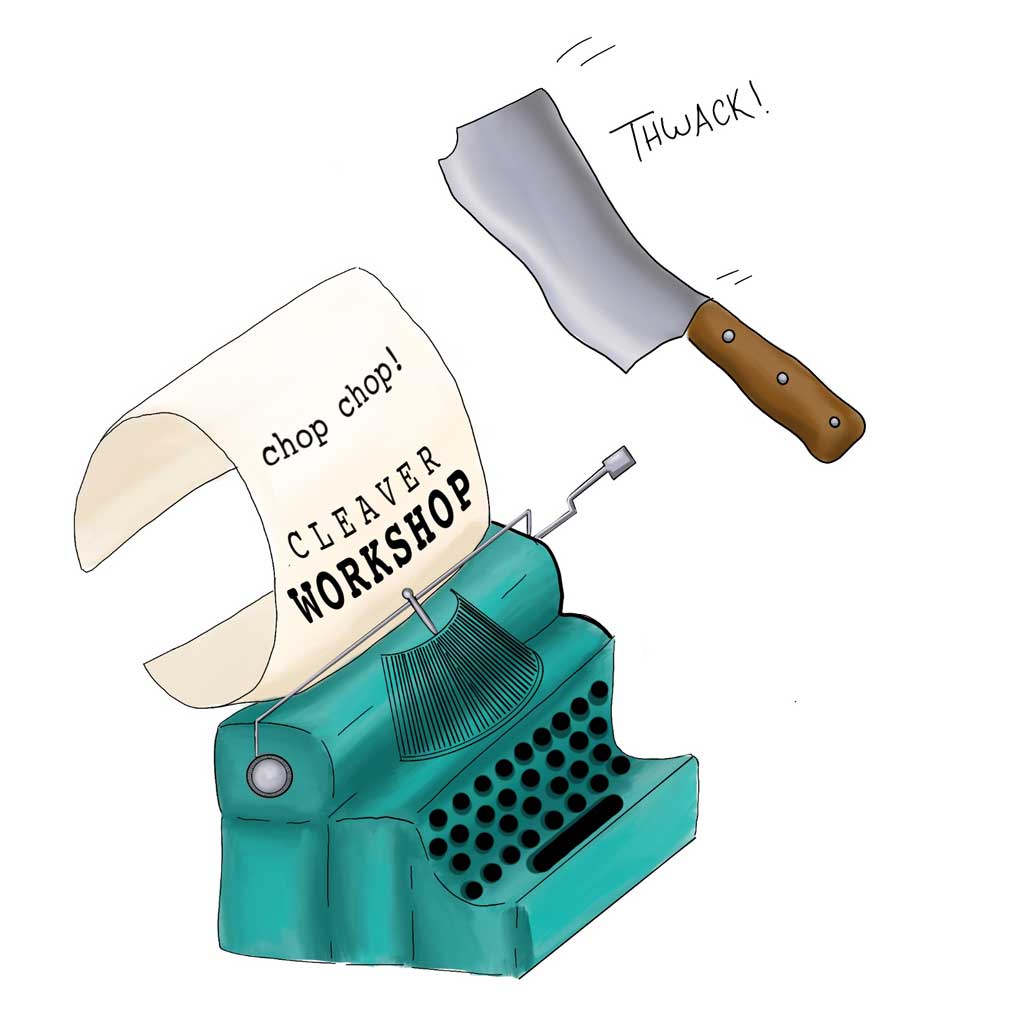
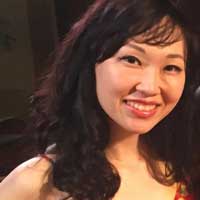 Tricia Park is a concert violinist and writer. The recipient of an Avery Fisher Career Grant, she has appeared in concert on five continents. Tricia is the producer/host of a podcast called “Is it Recess Yet? Confessions of a Former Child Prodigy.” Tricia is a graduate of The Juilliard School and received an M.F.A. from the Writing Program at the School of the Art Institute of Chicago. Her writing has appeared in Cleaver Magazine, Alyss, and F Newsmagazine. She has also been a finalist for contests in C&R Press and The Rumpus. Currently, she is a Lecturer and Artist-in-Residence at the University of Chicago. Tricia has taught creative writing online and at the University of Iowa.
Tricia Park is a concert violinist and writer. The recipient of an Avery Fisher Career Grant, she has appeared in concert on five continents. Tricia is the producer/host of a podcast called “Is it Recess Yet? Confessions of a Former Child Prodigy.” Tricia is a graduate of The Juilliard School and received an M.F.A. from the Writing Program at the School of the Art Institute of Chicago. Her writing has appeared in Cleaver Magazine, Alyss, and F Newsmagazine. She has also been a finalist for contests in C&R Press and The Rumpus. Currently, she is a Lecturer and Artist-in-Residence at the University of Chicago. Tricia has taught creative writing online and at the University of Iowa.
In this class, we won’t try to fix what isn’t broken. We’ll hold our vulnerability and begin creating from where we are. We’ll give ourselves permission to commence, no matter how fragile the surface under our feet feels. Together, we will enter and engage with the work as it begins to speak to us, and we’ll allow ourselves to follow that uncertainty and see where it takes us.
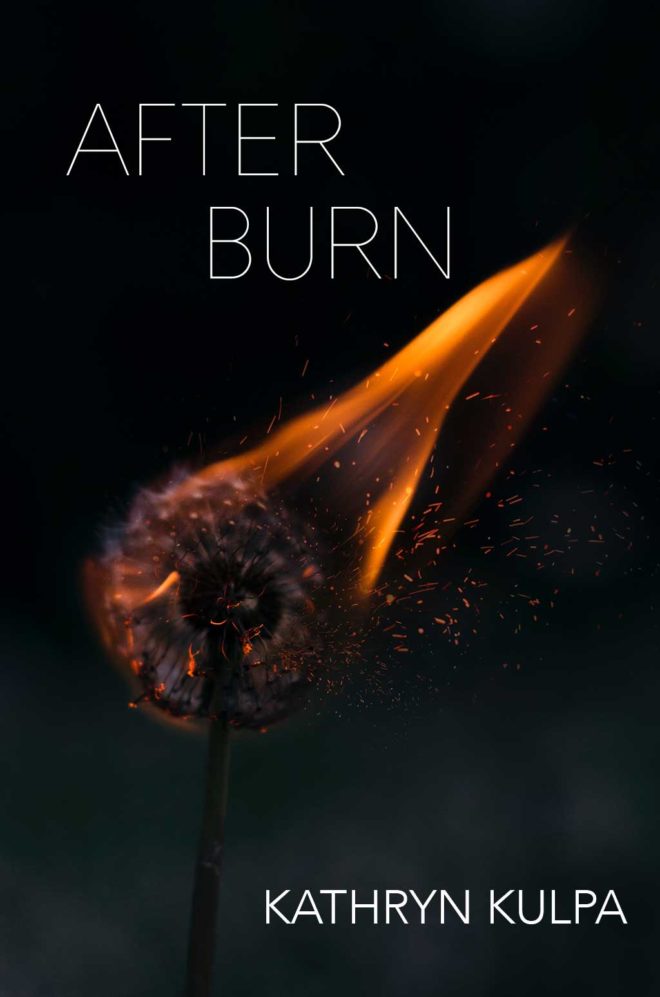 AFTERBURN
AFTERBURN

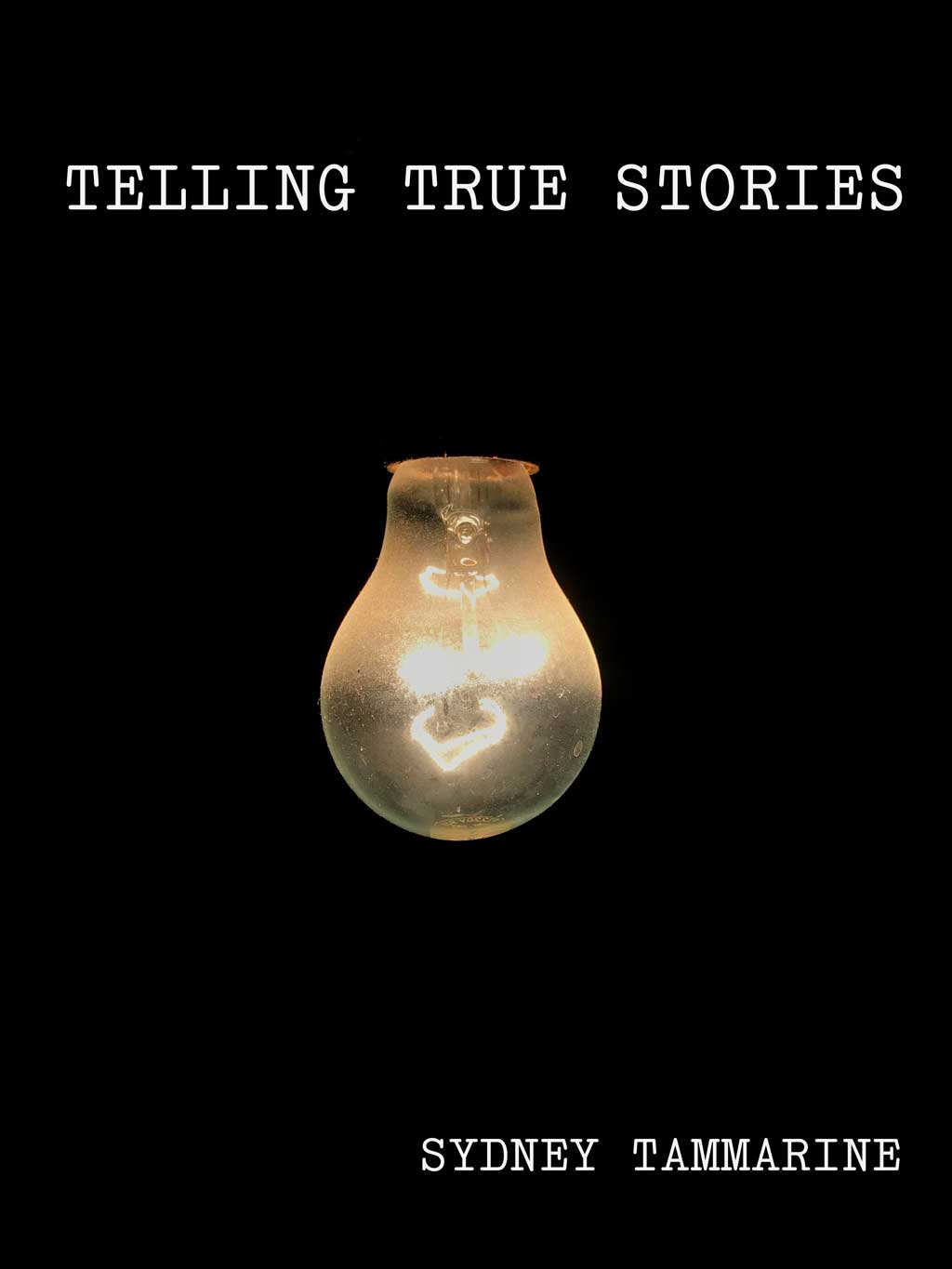
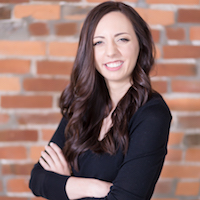 Sydney Tammarine’s work has appeared in Ploughshares, LIT, Pithead Chapel, The Missing Slate, and other journals. She is the co-translator of a book of poems, The Most Beautiful Cemetery in Chile. She holds an MFA in Creative Writing from Hollins University and teaches writing at Virginia Military Institute. She has led workshops at The Ohio State University, Hollins University, Otterbein University, and at high schools, including as Writer-in-Residence at Appomattox Regional Governor’s School. She serves as flash and creative nonfiction editor for Cleaver.
Sydney Tammarine’s work has appeared in Ploughshares, LIT, Pithead Chapel, The Missing Slate, and other journals. She is the co-translator of a book of poems, The Most Beautiful Cemetery in Chile. She holds an MFA in Creative Writing from Hollins University and teaches writing at Virginia Military Institute. She has led workshops at The Ohio State University, Hollins University, Otterbein University, and at high schools, including as Writer-in-Residence at Appomattox Regional Governor’s School. She serves as flash and creative nonfiction editor for Cleaver.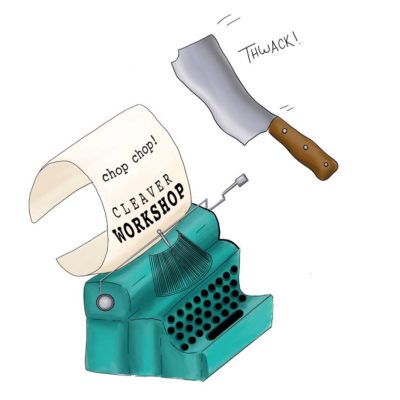
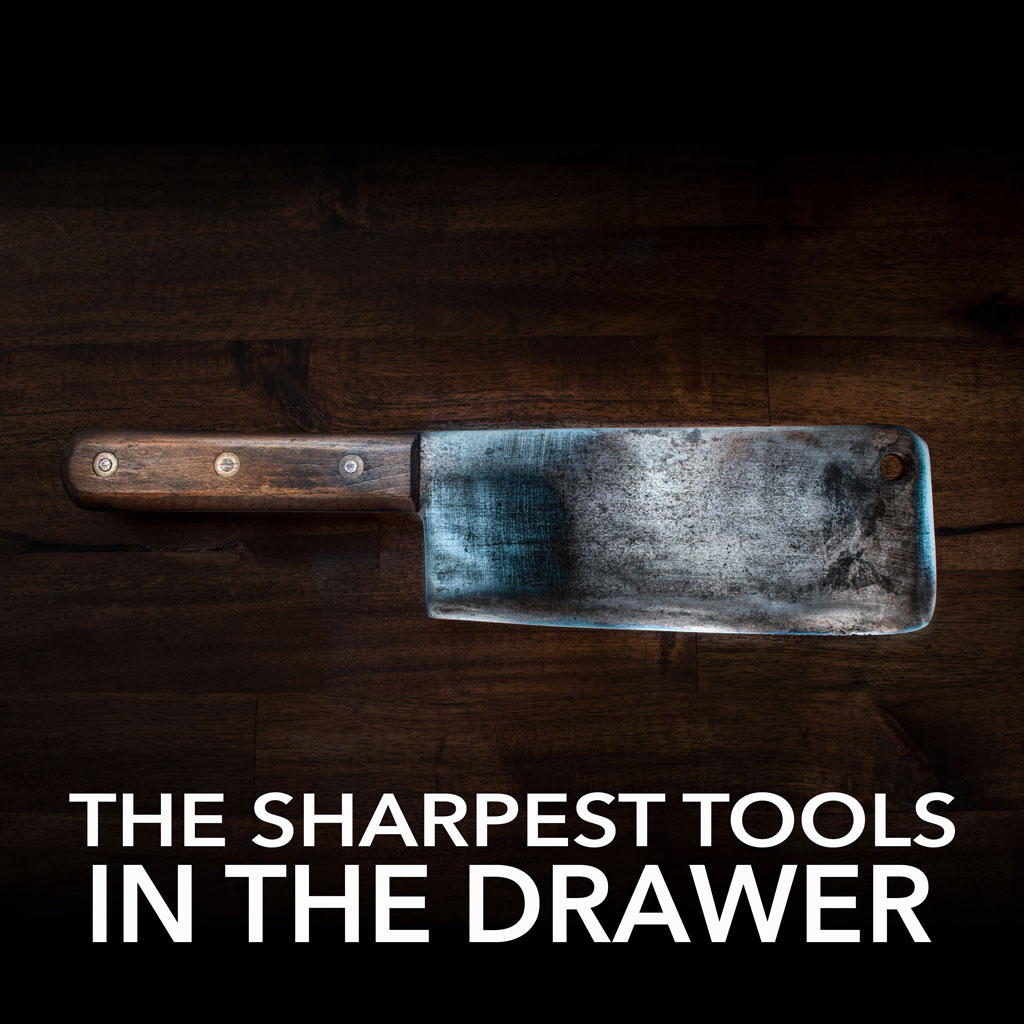
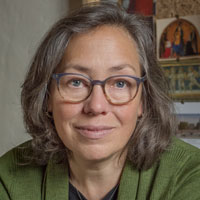 Lise Funderburg’s latest book is Apple, Tree: Writers on Their Parents, a collection of all-new work by twenty-five writers, which Publishers Weekly deemed a “sparkling anthology” in its starred review. Previous books include the memoir, Pig Candy: Taking My Father South, Taking My Father Home, and the recently reissued collection of oral histories, Black, White, Other: Biracial Americans Talk About Race and Identity. Her work has been published in the New York Times, TIME, the Philadelphia Inquirer, The Nation, MORE, Chattahoochee Review, Oprah Magazine, and Prevention. Lise has been awarded residencies at the Civitella Ranieri Foundation, MacDowell, Thurber House, and Blue Mountain, among others, and she won a Nonfiction Fellowship from the Pennsylvania Council on the Arts. She teaches creative writing at the University of Pennsylvania and teaches at the Paris Writers’ Workshop.
Lise Funderburg’s latest book is Apple, Tree: Writers on Their Parents, a collection of all-new work by twenty-five writers, which Publishers Weekly deemed a “sparkling anthology” in its starred review. Previous books include the memoir, Pig Candy: Taking My Father South, Taking My Father Home, and the recently reissued collection of oral histories, Black, White, Other: Biracial Americans Talk About Race and Identity. Her work has been published in the New York Times, TIME, the Philadelphia Inquirer, The Nation, MORE, Chattahoochee Review, Oprah Magazine, and Prevention. Lise has been awarded residencies at the Civitella Ranieri Foundation, MacDowell, Thurber House, and Blue Mountain, among others, and she won a Nonfiction Fellowship from the Pennsylvania Council on the Arts. She teaches creative writing at the University of Pennsylvania and teaches at the Paris Writers’ Workshop.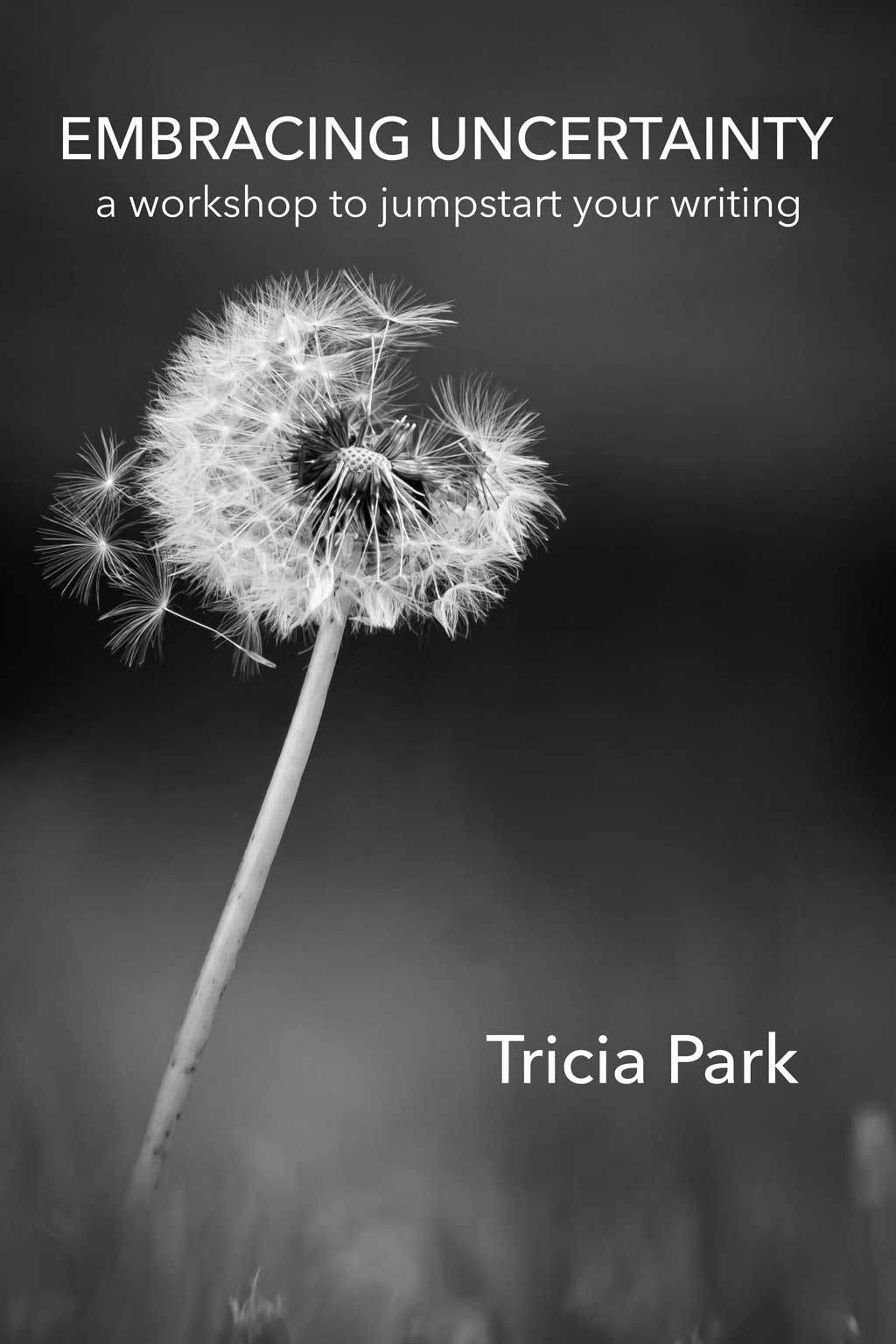


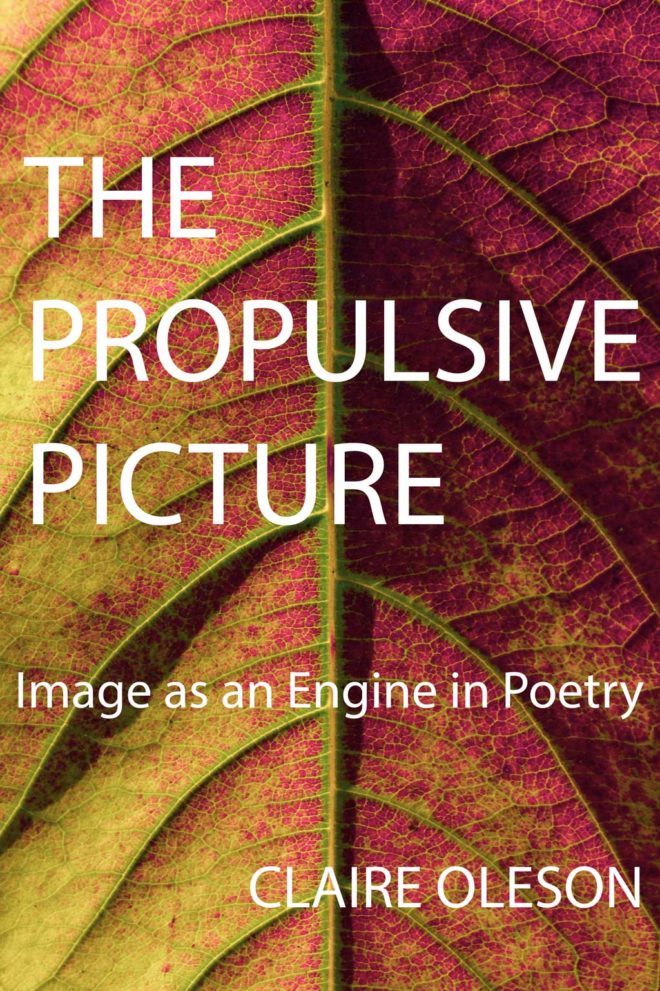
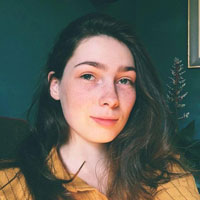 Cleaver Poetry Reviews Editor
Cleaver Poetry Reviews Editor 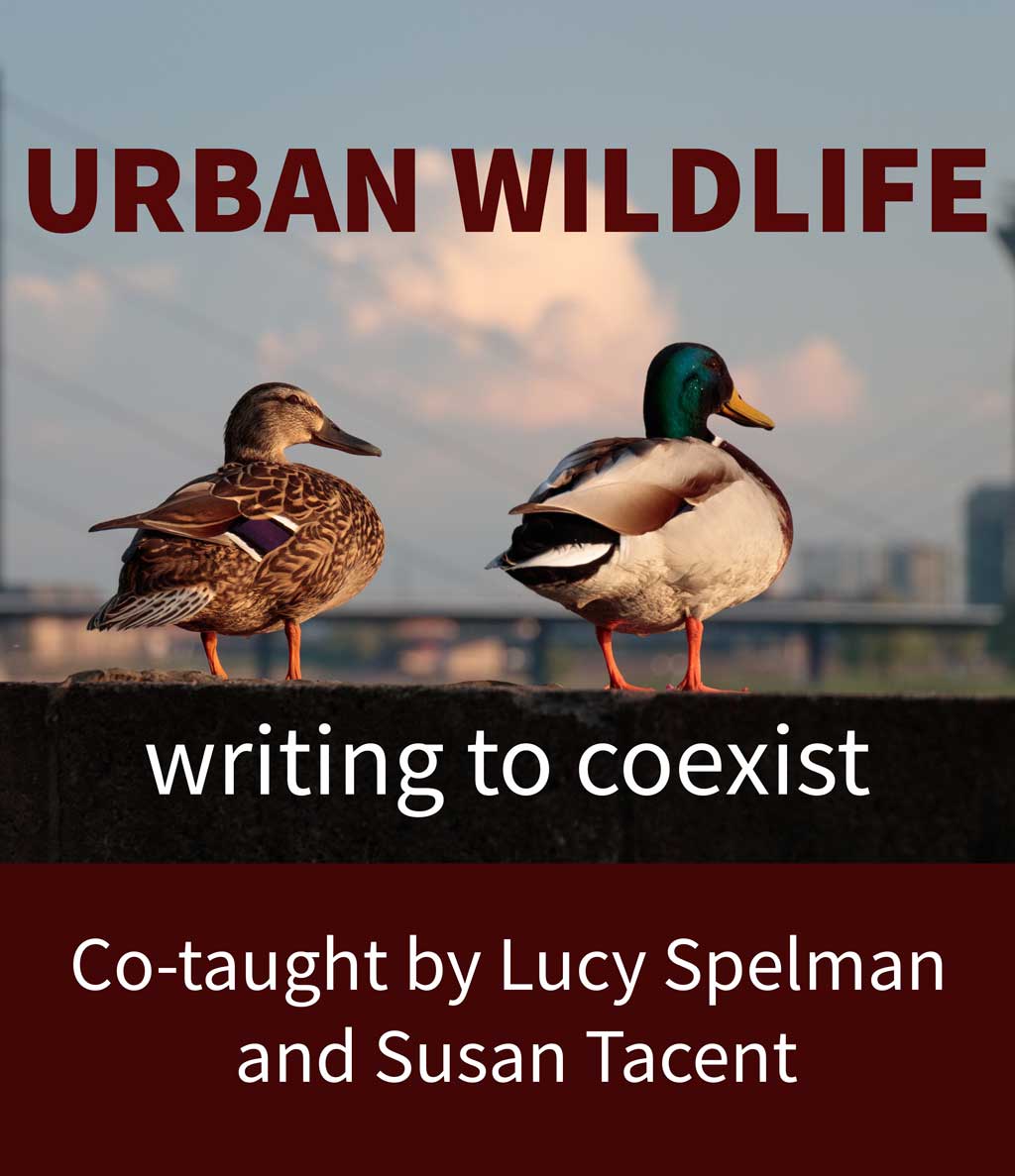
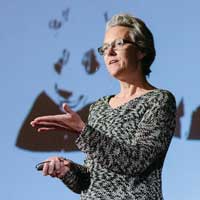 Lucy Spelman is a board-certified zoo and wildlife veterinarian with degrees from Brown University and the University of California at Davis. During her tenure as the first woman and youngest person to head the Smithsonian’s National Zoo, she brought two giant pandas to the US from China and launched a major renovation plan. She worked as a consultant for Animal Planet before moving to central Africa to run the field program for the Gorilla Doctors. Inspired by the many connections between the arts and sciences, she began teaching biology to students at the
Lucy Spelman is a board-certified zoo and wildlife veterinarian with degrees from Brown University and the University of California at Davis. During her tenure as the first woman and youngest person to head the Smithsonian’s National Zoo, she brought two giant pandas to the US from China and launched a major renovation plan. She worked as a consultant for Animal Planet before moving to central Africa to run the field program for the Gorilla Doctors. Inspired by the many connections between the arts and sciences, she began teaching biology to students at the 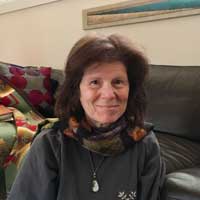
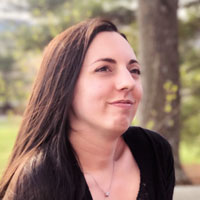 Sydney Tammarine’s work has appeared in Ploughshares, LIT, Pithead Chapel, The Missing Slate, and other journals. She is the co-translator of a book of poems, The Most Beautiful Cemetery in Chile. She holds an MFA in Creative Writing from Hollins University and teaches writing at Virginia Military Institute. She has led workshops at The Ohio State University, Hollins University, Otterbein University, and at high schools, including as Writer-in-Residence at Appomattox Regional Governor’s School. She serves as flash and creative nonfiction editor for Cleaver.
Sydney Tammarine’s work has appeared in Ploughshares, LIT, Pithead Chapel, The Missing Slate, and other journals. She is the co-translator of a book of poems, The Most Beautiful Cemetery in Chile. She holds an MFA in Creative Writing from Hollins University and teaches writing at Virginia Military Institute. She has led workshops at The Ohio State University, Hollins University, Otterbein University, and at high schools, including as Writer-in-Residence at Appomattox Regional Governor’s School. She serves as flash and creative nonfiction editor for Cleaver.